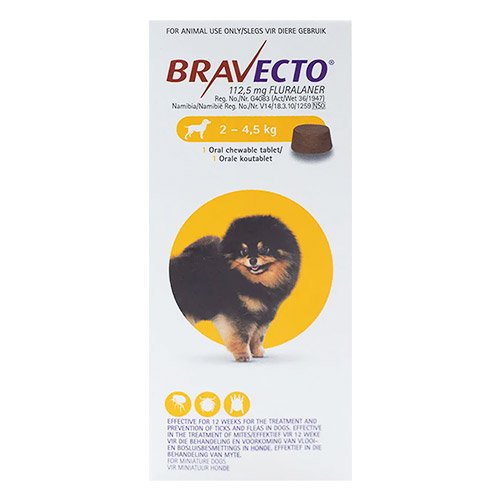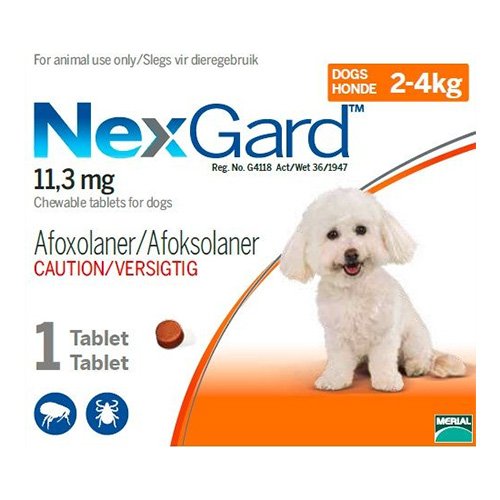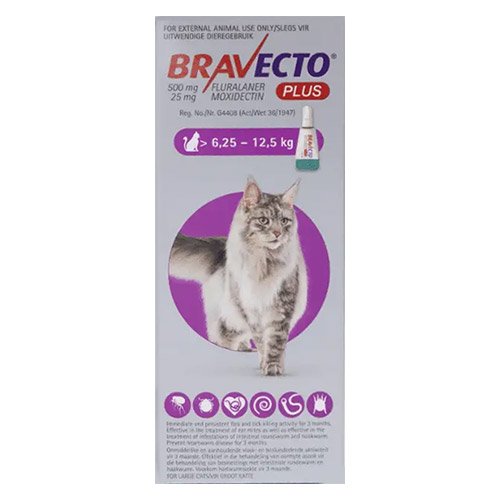-
Popular Brands View All BrandsPopular Brands View All BrandsPopular Brands View All BrandsPopular Brands View All BrandsPopular Brands View All Brands
- Dogs
- Cats
- Brands
- New Arrivals
- Below R150
- Refer & Save More
- New Year Sale

Dec 24, 2020

Unfortunately, in this tech world also, there’s lot of misinformation about ticks passed on, where normally it has come down from generation to generation. Ultimately, resulting in loads of myths about ticks being circulated among the masses. Some say ticks are dangerous while the others have no idea how much dangerous they are for their furry companions. Further, where some think that they are witch’s creatures and while there are those who assume ticks have nothing to do with their furry friends.
So, let’s unbox here what the Pandora’s Box has hidden for centuries about ticks.
Looking at the ticks on the body, people think that they simply jump on the skin. But it’s not true. They just attach themselves to the bare skin by latching onto a host as they brush past tall grass or low plants.
All these things never work in removing the ticks rather they are harmful for pets. The best way is to use a clean pair of tweezers for pulling out ticks from a dog’s skin. Or, regularly use monthly tick preventive that keeps ticks off.
Malaria spread by mosquitoes is less fatal compared to Lyme disease caused by ticks. Hence, mosquitoes cause less death than Lyme disease which is estimated to take a toil of 1700 cases each year.
Again a false word spread among the masses; not all ticks are responsible for causing Lyme disease in dogs and cats. Only deer ticks carry Lyme disease and transmit the bacterium when they stay attached for around 48 hours.
Though it is fatal, once diagnosed in the early stages, Lyme disease can be treated successfully. The antibiotics given on the early basis can help in lowering the risk of Lyme disease and treat it. So, the best alternative is tick preventive for your dog/cat.
Tick treatment is not only necessary for flea and tick season but year round. As ticks tend to survive in the home environment, they may foster tick borne disease during winter also. So, monthly tick treatment is absolutely compulsory the year around.
Not true in reality, Nymph ticks usually are highly responsible for passing on the diseases to their victims. Hence, it is important not to neglect them.
Any pet spending time outside or inside is at a risk of tick bites. Presumably, you can lower the risk of a tick bite by taking precautionary measures. Getting on a tick collar when taking your dog outdoors for a walk and treating with tick control product monthly to prevent the plausibility of tick-borne diseases.
Nov 25, 2025
Fleas and ticks are a serious threat to your dog’s health, as they can cause significant discomfort and transmit diseases. Contrary t...
Nov 17, 2025
Seeing your furry companions itch incessantly due to fleas can be stressful. Fleas are blood-sucking parasites that not only make your pet ...



© 2026 BudgetPetSupplies.co.za (MSV Pet Care (Pty) Ltd.) - All Rights Reserved.







